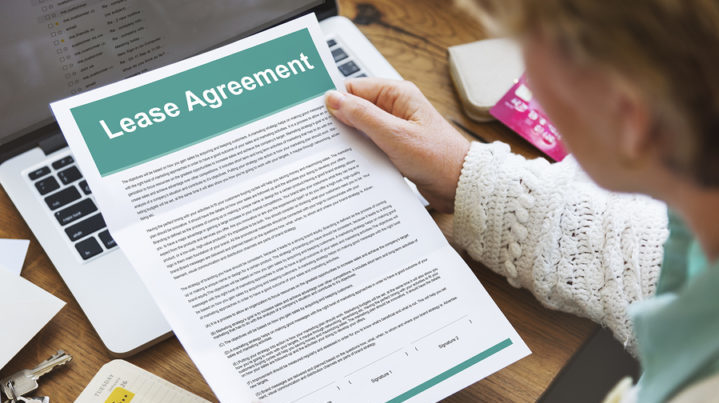After employee salaries, the rent you pay on your premises will typically be the next largest expense for your business, so care should be taken when negotiating your lease.
It is often surprising how far a landlord will move to sign a suitable tenant, so here are my top 10 pieces of advice for tenants looking at their next lease.
- Ask for incentives
There’s no harm in asking and your landlord’s response might surprise you. Incentives that may be provided can include rent-free periods, rent rebates and fit-out incentives. A landlord might also be more likely to contribute to the cost if they know the fit-out will remain in place at the end of the lease. - Can you get a better deal for a longer lease?
If you are willing to accept a longer lease, you may be able to negotiate a lower annual rent. Of course, taking a lease that is too long has its own complications, so make sure you don’t overcommit. - Have you considered rent reviews?
Leases will often increase periodically by either the Consumer Price Index (CPI) or a fixed percentage. Rent reviews offer a check to keep your rent relative to the market. - What is the permitted use of the premises?
Because the permitted use will affect how you are allowed to use the premises, it is important to negotiate a broad definition. If there is a potential for your business to expand, it is important to ensure the permitted use covers that. - Do you need to negotiate for car parks?
Not all premises come with car parking spaces. Given that landlord’s can offer car parking spaces at an additional cost, it can be useful to negotiate these costs at the same time as the lease. - Do you want the right to sublease or licence?
It might not be on the horizon but if there is any possibility you might want to sublease or licence in the future, a provision should be included in your lease to allow you to do this. - Is a exclusivity clause suitable?
Subject to the work your business performs, exclusivity of use provision in the lease may be suitable to prevent the landlord from leasing spaces in the building to competitors. - Do you want a right of first refusal?
A right of first refusal requires your landlord to offer you spaces that become available in the building before they offer them to anyone else or even a right to purchase the building if the landlord is selling. This can give your business the opportunity to grow without the hassles and costs of moving. - What are your obligations in relation to maintenance and improvements?
Leases can also impose obligations on the tenant at the end of the lease to return the premises to the same state it was in at the start of the lease, commonly known as the “make good” provisions. It is best to negotiate these requirements down as much as possible as the make good costs can be a significant un-planned cost at the end of a lease.
Clarity should also be sought for maintenance/repair costs for services provided to the premises. - Engage a lawyer to negotiate for you
It is always best to have a professional negotiate your lease and to do it as early as possible. Even if the premises haven’t been built, a lawyer can negotiate your lease terms and have them reflected in an Agreement for Lease. If the premises have been built, lawyers can help ensure the terms are appropriate and the lease correlates with the premises you want (always check the plans!).
Ben Ryan, Lawyer, Hillhouse Legal Partners











